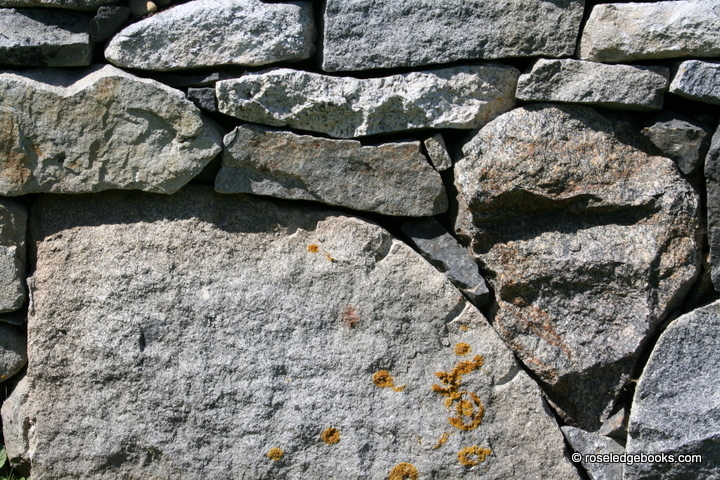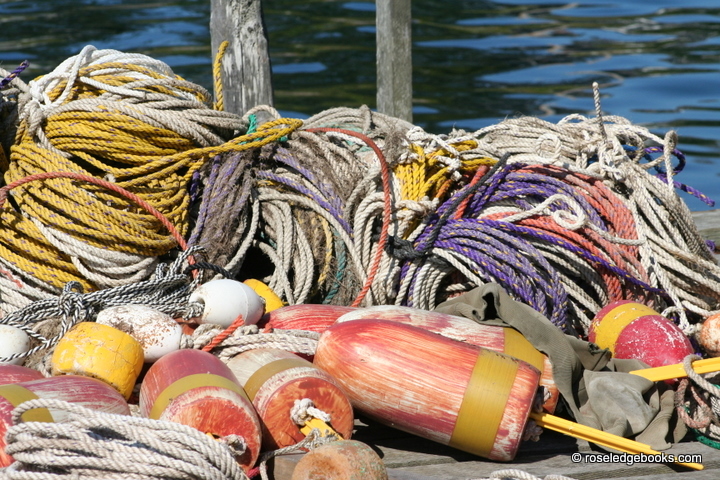Krista Tippett interviewed Anne Hamilton (2/13/14), who calls herself a maker, rather than an artist (interesting), and thinks the big question is “How can we be together?” Oh yes!
As not getting along is the subject matter of most books (maybe most art, too), people who read clearly know more ways to avoid the pitfalls, advance getting along which is the essence of better being together, and thereby make the world a little bit better. So it is that readers matter and RB serves a social purpose, even as I have great fun choosing the books and schmoozing with you all.
Aside: Anne Hamilton’s makings were part of a Minneapolis Institute of Arts exhibition titled “Sacred.” Does this sort-of-link to things holy suggest she could be the patron saint of Roseledge Books?
*****
Olivia Judson went through her father’s files. He had, like most of us, kept lots of things in lots of drawers apparently for a lifetime. They fueled memories, true, but mostly they reflect the particulars of another’s life which will remain elusive. Is remaining unknown what you want either from storing or from clearing out the drawers or closets of a lifetime?
(I can hear the shouts of “No! No!”)
So how about grouping your adventures in categories that help others make the sense of your life that YOU choose? (If this sounds like controlling from the grave, I learned it from a master, my mother, who left four pages of single-spaced, typed instructions of how to handle her funeral, e.g. “cookies and coffee are sufficient after the funeral. You do not have to take everyone out to lunch.” Oh but I did, mom.)
RB has a suggestion for organizing the ever-expanding stuff of your life: How about choosing a most apt book that gives meaning to the WAY TOO MANY particulars of each category? Think of the fun in thinking about memorable books. And you can always rearrange things as the days of your life go on. Jane Mount and Thessaly La Forge have conveniently compiled a book of examples in My Ideal Bookshelf. What a wonderful life-puzzle to leave for others to decipher. I wonder what books Ms. Judson’s father would have chosen or what books she might chose for him after her time with his files. I’ll bet they wouldn’t be the same list. Maybe some overlap.
*****
I love catalogers. They are the pickiest people in the world. They understand that a typo can change the world, and NOTHING stands in the way of their explaining in detail how and why that is so. (Memories of meetings with sheet music catalogers past.) But if you are lucky enough to have any catalogers as friends, they also keep us at least respectable, if not honest. So it is I know the author of The Yarn Whisperer is Clara Parkes, not Clara Peakes. Thank you, thank you, M from NC.
I want to be the Intel anthropologist who looks carefully at users and non-users of their actual and potential products and asks what do they do and why, then works with others to make Intel products matter more to more people. Only I want to do this with libraries. We have never needed more the good information that libraries make available, yet we fritter away days, money, media space fretting about the takeover of the latest technology. Who cares? Worry instead about– and look into — the sorry state of affairs that is ours because too many ninnies act on bad information and don’t know the difference.
*****
With a satisfied ah-h-h, the list of mull-able topics grows and the items expand: Anne Hamilton, Olivia Judson’s father, catalogers, categories, anthropologists in organizations, good sources, learning and libraries, getting along, and world-bettering books and readers. So many things to mull; so much cold and snow to avoid while mulling. Surely Memorial Day and Maine will come.



